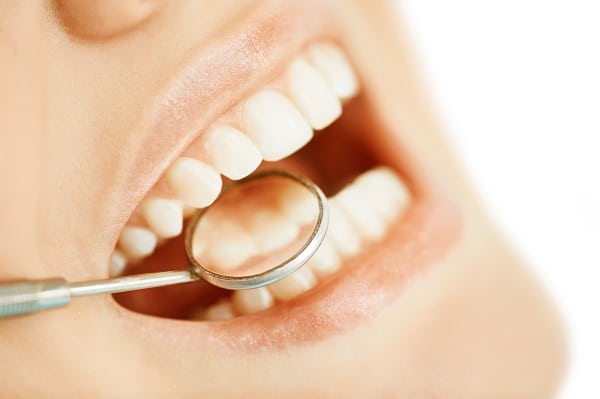Poison ivy is a plant that can be found in many parts of the United States. If you’ve ever had the unfortunate experience of coming into contact with poison ivy, then you know how irritating and uncomfortable it can be. Not only is the rash itchy and red, but it can also last for weeks! This article will discuss some ways to treat poison ivy. Keep reading for more tips on how to soothe your skin and get relief from the itchiness!
Contents
Wash The Exposed Areas

One of the first things to do when you come into contact with poison ivy is to wash your skin with soap and cool water as soon as possible. Try to avoid using hot water because it can cause the poison ivy oil to spread and worsen the rash. Make sure you wash all exposed areas of your skin thoroughly. This will help remove any oils that may have come into contact with the plant, making it worse if they stay on your skin. It’s also important because some over-the-counter medications won’t work unless you’ve removed these oils first.
Apply A Topical Cream Or Ointment

After washing the affected areas with soap and cool water, you can apply a topical cream or ointment. Many kinds of creams and ointments can help treat your poison ivy rash. You may want to try using calamine lotion, aloe vera gel, or any other over-the-counter medication that will provide itch relief from your skin irritation. These medications usually work best when applied right after you’ve had contact with poison ivy and while the rash is still fresh.
Take A Oral Antihistamine

Poison ivy can cause an allergic reaction in a lot of people, and a common medication used to treat this is an oral antihistamine. Although poison ivy can’t be treated with an oral antihistamine, it can help relieve the itchiness of the rash. They work by blocking histamine, which is responsible for causing inflammation associated with itchy skin. There are several brands of oral antihistamines that you can buy over-the-counter without a prescription. You may want to try taking a 25mg or 50mg dosage of Benadryl for this purpose. Of course, it’s always better to consult with your doctor before taking any kind of medication, especially if you’re pregnant or breastfeeding.
Wear Loose Clothing

Oftentimes, poison ivy can spread to areas that are not exposed. It’s also possible for clothes to come into contact with the oil that causes the rash and then spread it to other parts of your body. This is why it’s important to wear loose clothing when you’ve recently had an encounter with poison ivy. You may even want to change out of any clothes that could have come into contact with the plant ASAP after getting home from being outdoors, just in case!
Use A Cool Compress

Poison ivy can also cause some swelling and irritation of the skin, which is why taking a cool compress can help soothe your rash. To do this, simply run water that’s cold to the touch and soak a washcloth in it before applying it to any affected areas of your body. You may want to leave the compress on for around 15-20 minutes or until you feel your skin starting to get numb. Just be careful not to use too much force when doing this because you don’t want to irritate your skin even more than it already is!
Don’t Scratch!

One big mistake many people make when they have poison ivy is that they scratch the itchy areas of their skin. Although your first instinct may be to itch it, remember that scratching can cause further damage and will only worsen the rash. Instead of scratching, try gently wiping the area with a wet washcloth to help soothe your skin. If this doesn’t work, you can also try applying calamine lotion or taking a cool bath in order to reduce the itching sensation.
Conclusion
None of these methods is guaranteed to work for everyone. I suggest you speak with your doctor before using any of them, just in case. If you want to learn more about treating poison ivy, then please ask your doctor or pharmacist. They’ll be able to give you advice that’s specific to the severity and location of your rash. Your pharmacist may also have some topical creams or ointments that can help treat your rash if it doesn’t clear up on its own within a few days!


